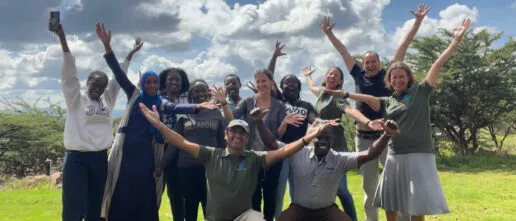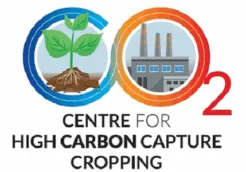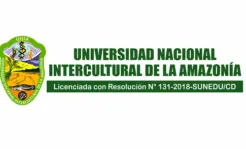I am a Titular Associate Professor and NERC IRF Fellow, and lead the Functional Biodiversity and Remote Sensing group of the Ecosystems Programme at the Environmental Change Institute (ECI), School of Geography and the Environment at the University of Oxford.
My research is deeply rooted in the exploration of tropical forest dynamics, utilising advanced remote sensing technologies to understand biodiversity patterns and their resilience against climate change. In my group we integrate trait-based ecology with forest dynamics to assess the impacts of environmental changes on forest ecosystems globally.
Throughout my career I have contributed to the scientific community with innovative projects that bridge field ecology and satellite remote sensing. My work emphasises the importance of understanding ecological processes through a spatial lens, where I have developed novel methods for mapping and analysing the functional diversity and resilience of forest ecosystems. These efforts are crucial for predicting how these ecosystems might shift in response to climate and land-use changes, providing valuable insights for conservation strategies.
The research conducted in my lab at Oxford not only furthers scientific understanding but also nurtures the next generation of environmental scientists. I am committed to mentoring young researchers, especially those less represented in academia, as those from the Global South, overseeing a vibrant team that investigates various aspects of ecological resilience, from pollinator distributions influenced by climate change to the socio-ecological dynamics of forest ecosystems. My lab serves as a hub for collaborative research, fostering an environment where interdisciplinary approaches lead to groundbreaking discoveries in biodiversity conservation and sustainable environmental management.
By focusing on the intersection of ecological theory, remote sensing technology, and practical conservation efforts, our work exemplifies the role of science in addressing some of the most pressing environmental challenges of our time. Our research not only enhances our understanding of global biodiversity patterns but also contributes directly to the development of strategies aimed at preserving the integrity and functionality of ecosystems in a rapidly changing world.
Feel free to get in touch if you are interested in the work we do at the ‘Functional Biodiversity and Remote Sensing’ lab and want to discuss research and supervision opportunities!
Related Projects

Healthy Ecosystem Restoration in Oxfordshire
Developing the local Oxfordshire landscape as a case-study, nature-recovery laboratory and community of practice.

Assessing Ecosystem Health Across a Gradient of Herbivory in East African Savannas
Identifying tipping points by quantifying key indicators of ecosystem health in East African savannas.
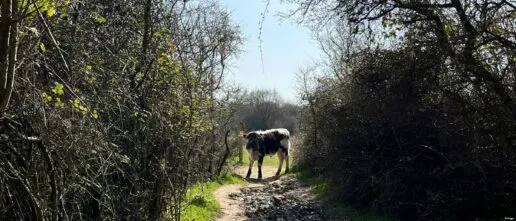
Revealing the compositional and functional responses of mycorrhizal fungi to rewilding at the Knepp Wildland
Using novel eDNA methods to understand if rewilding is also serving below-ground communities, focusing on 'keystone' mycorrhizal communities and their functions.

Research at the interface of indigenous and Western science
Empirically applying an intercultural interdisciplinary mapping methodology “Non Oñamboan Joi” for assessing nature recovery potential in the Amazon.

Understanding nature recovery paths and ecosystem functioning through forests health assessments
Quantifying the health of forests ecosystems by means of earth observation can aid in understanding nature recovery paths and ecosystem functioning
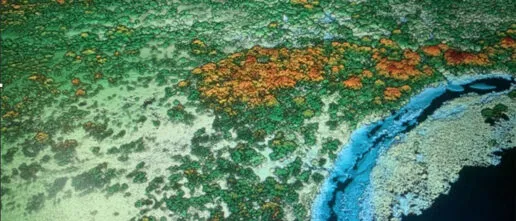
Mapping the resilience of tropical forests and savannas to global environmental change
Climate change effect on tropical forests

Mapping nature recovery at scale
Our AI team is developing state-of-the-art AI approaches to combine different sources of data, including drones, satellite, survey data and social media, that are robust to a range of environmental scenarios, data noise and model reliability.
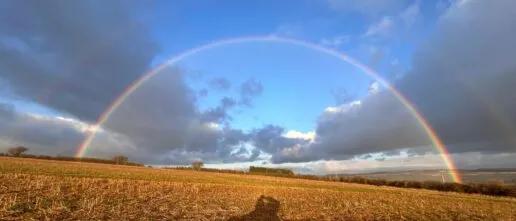
An energetic approach to assessing nature recovery in soils – a regenerative agriculture case study
Measuring and comparing energy to and through soil biodiversity under regenerative and chemical farming to understand and assess nature recovery in this traditional ‘black box’
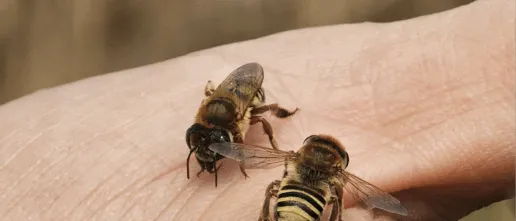
Remote sensing approaches to characterise pollinator diversity and plant-pollinator interactions in nature recovery landscapes of Eastern Ghana
Evaluating the effects of nature recovery on pollinators their interactions with plants.
Related Outputs
Regenerative Agriculture in the UK. An ecological perspective
This report, produced by the British Ecological Society brings together 40 academics, including LCNR’s Jed Soleiman, practitioners and farmers across the UK to explore the evidence for Regenerative Agriculture as a solution to delivering for both food and nature. Summary report here
Research at the interface of indigenous and western science in the Amazonian Peatlands
Our researchers, Aoife Bennet and Jesus Aguirre-Gutierrez, along with partners in Peru are empirically applying an intercultural interdisciplinary mapping methodology “Non Oñamboan Joi” for assessing nature recovery potential in the Amazon. More about the project here
Canopy functional trait variation across Earth’s tropical forests
Tropical forest canopies are the biosphere’s most concentrated atmospheric interface for carbon, water and energy. However, in most Earth System Models, the diverse and heterogeneous tropical forest biome is represented as a largely uniform ecosystem with either a singular or a small number of fixed canopy ecophysiological properties. This situation arises, in part, from a […]
Tropical forests in the Americas are changing too slowly to track climate change
Species are expected to shift their ranges as the climate changes, but shifts may not occur fast enough, especially for immobile species such as plants. Two papers in this issue assess the degree to which plant species are tracking climate change in the American tropics, where data availability has constrained inference.
Related Landscapes

Ghana
Initiatives, including the Ghana Cocoa Forest REDD+ Programme and Cocoa and Forests Initiative, need to be centred around local communities to ensure they succeed and deliver equitable outcomes.
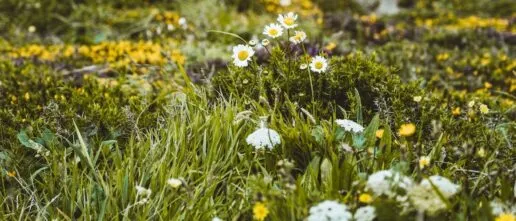
Oxfordshire
With its active network of nature recovery groups, Oxfordshire presents a unique opportunity to test and showcase a portfolio of different ecosystem restoration strategies, to become a model county for nature recovery. Our work in this landscape aims to build a community of practice between the University and local practitioners, and will also form a […]
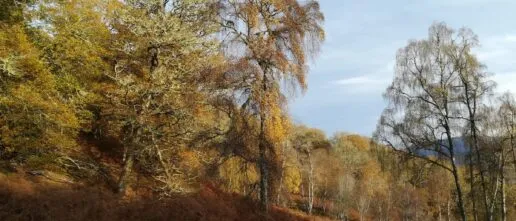
Scottish Highlands
Scotland is renowned for its distinctive and diverse range of landscapes, which are a significant part of the country’s natural and cultural heritage. The environment has been shaped by interconnected human and natural processes over thousands of years and includes built heritage, ancient woodlands, wildlife and native species, art and literature, folklore, language and traditions […]

